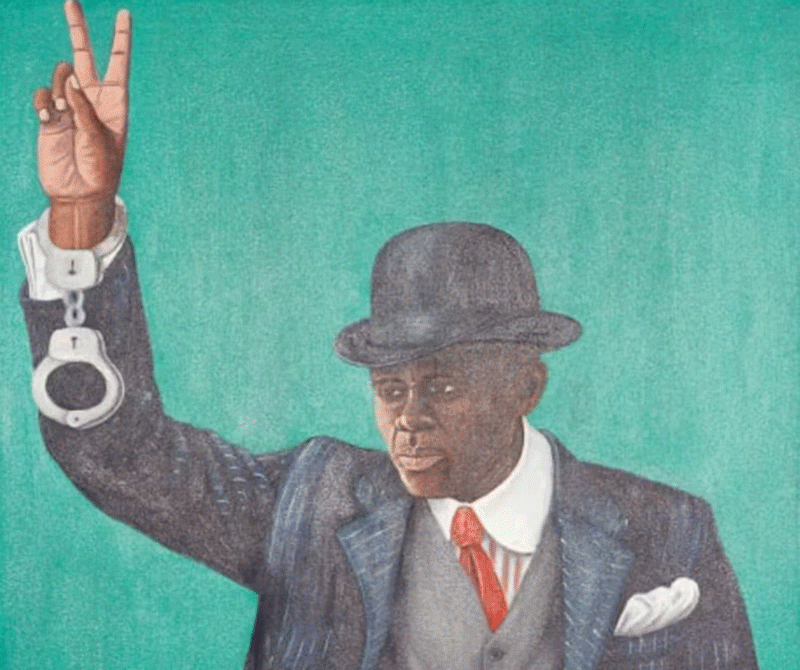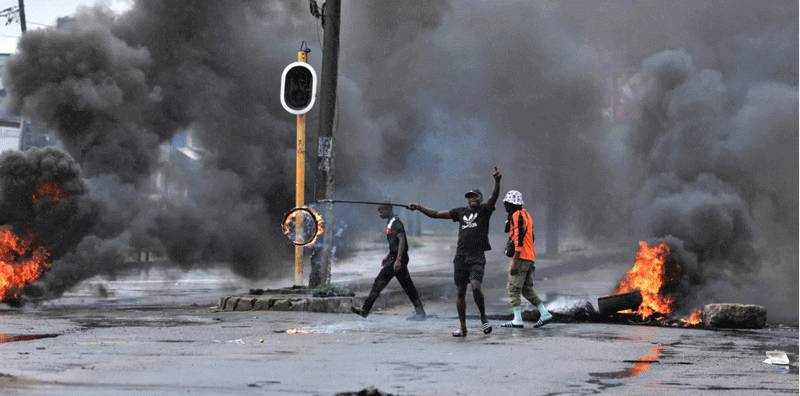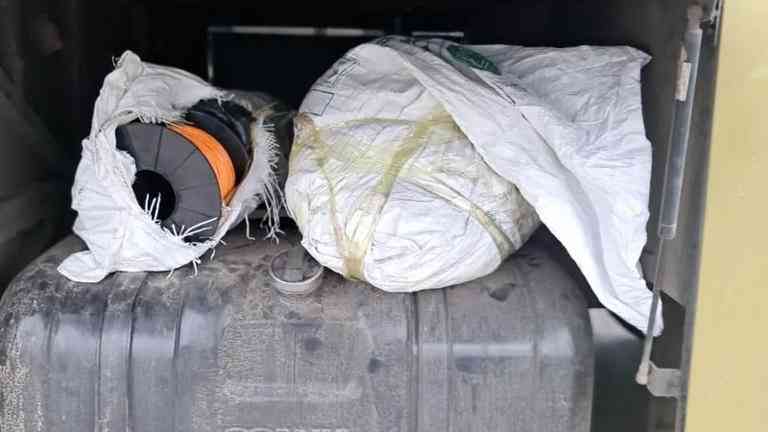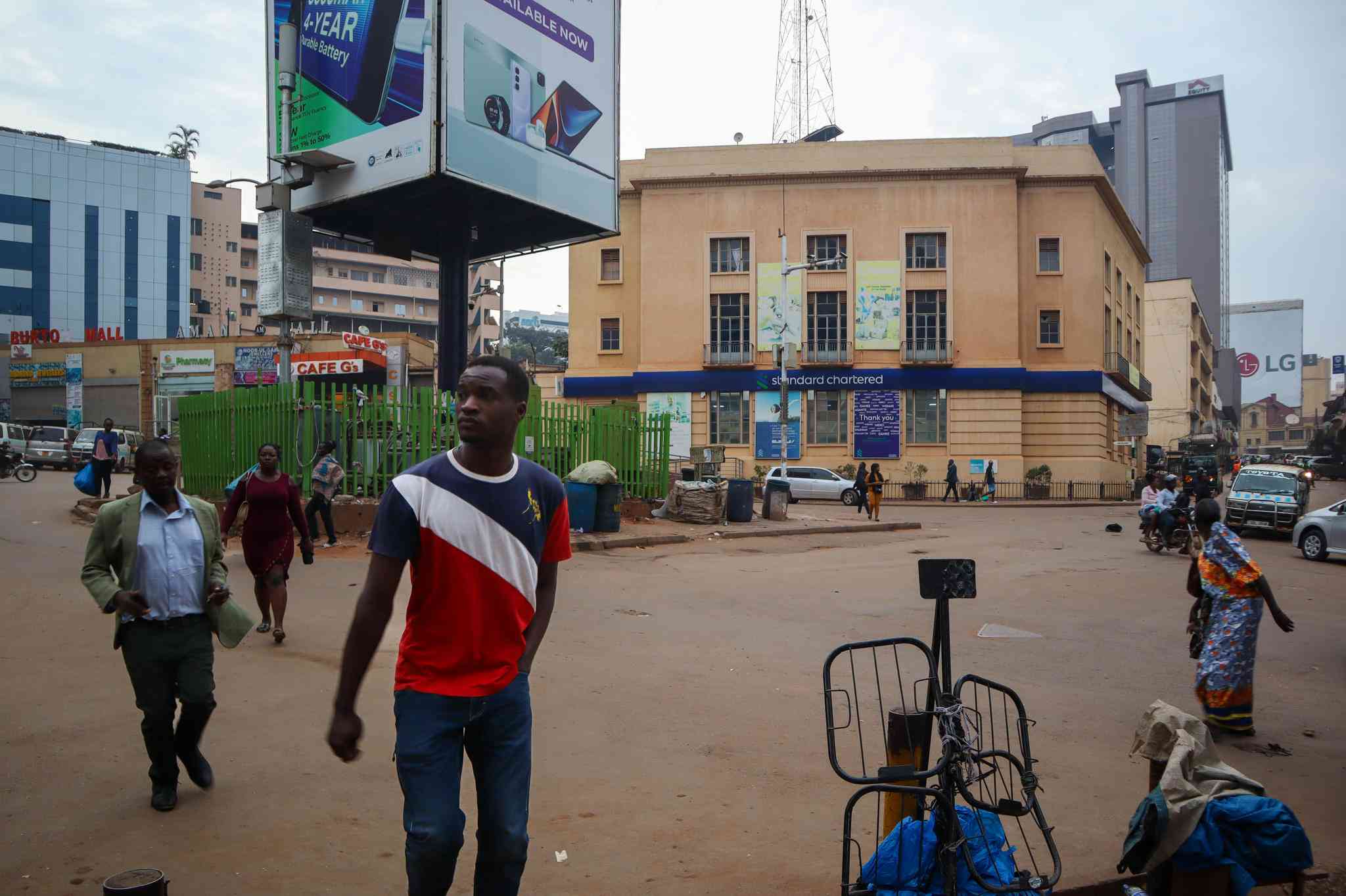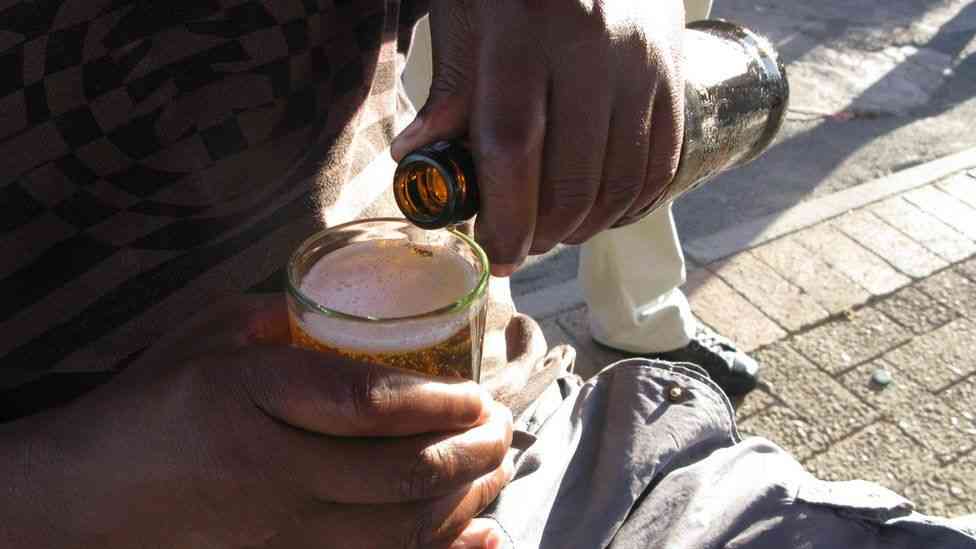
Kenya's deputy president has tried to take a radical step to reduce alcohol abuse in the country's central region by saying that county governments should only allow one pub per town, but not everyone is convinced that this is a good plan.
"Even if they shut down all these bars, we will still drink," Charles Ngugi tells me as he sips a local popular draft beer.
It was dark in the bar, but the morning light came through as the blinds flapped in the wind.
"This is not cheap or illegal liquor, so why do they want to interfere with my lifestyle and my party mood?" he asks as he raises his voice to be heard above the music blaring from the counter that nearly drowns out our conversation.
There are four other men in the small bar, all drinking as they sit at wooden benches set next to long tables.
A middle-aged man staggers into the bar and dances and sings along to a song in the Kikuyu language before slumping on one of the benches to join his friends.
In a few minutes, he is asleep.
It is 11 o'clock in the morning. According to the law this bar should not be open for another six hours. And it should shut by 23:00.
- Counterfeit whiskies flood Zim
- Counterfeit whiskies flood Zim
- Lessons for media from Kenya elections
- Kenya's top court to rule on disputed presidential election
Keep Reading
Three other small bars in the village of Kanderendu, in Muranga county some 70km (43 miles) from the capital, Nairobi, are also open with revellers inside.
It is places like these that are the target of Deputy President Rigathi Gachagua's ire. In January, he said that the number of bars and restaurants allowed to operate in each town should be limited to just one.
But those who drink do not agree that this will help stop them imbibing.
"If small bars like this are closed down, more people like me will resort to going down the river to get changaa [the local traditional brew]," Mr Ngugi says.
Illegal brewers have traditionally used riverbanks to make changaa. There is easy access to water and in most places, it is hard for the authorities to reach the brewing dens.
Central Kenya is battling what the government warns is an alcohol and drugs epidemic.
The authorities have not provided any data to back this up but they say there is a problem, which they blame on the high number of unregulated bars and pubs and an influx of cheap, illicit brews.
It is also not clear why central Kenya was singled out - but a visit to the region shows there is a proliferation of drinking dens. The Muranga county authority says the number of pubs, as well as wine and spirit shops, has grown exponentially since the Covid 19 lockdown.


